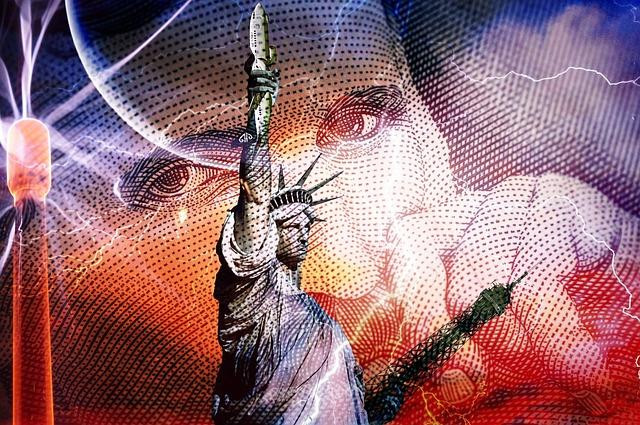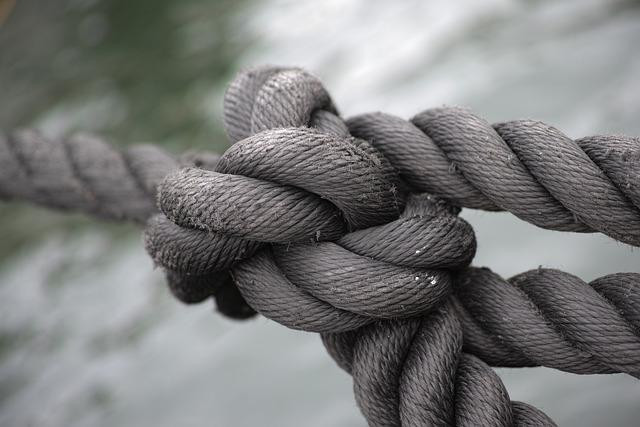Students, this evening we'll have a chance to observe a phenomenon that we've discussed weveral times in class Tonight will be a lunar eclipse. As we've said, when an eclipse of the Moon occurs, the Earth passes between th Sun and the Moon. Therfore, the shadow of the Earth moves across the surface of the Moon and obscures it. Because you won't be looking at the Sun, it is not necessary to use the special lenses and filters that you need when observing a solar eclipse. You can observe lunar eclipse with your unaided eye or with a telescope and phonograph it with an ordinary camera. So if the weather's not cloudy go out and take a look at this eclipse of the Moon. I'm sure you'll find it interesting. In what course is this lecture probably being given ?
No comments yet.
49






